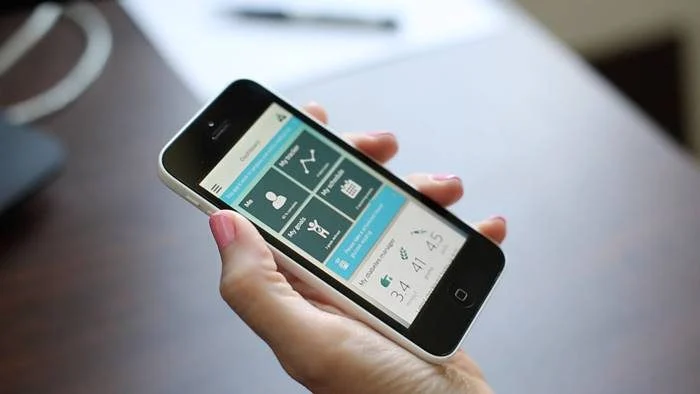
Benefits and Challenges of Implementing Mobile Health Lab Services in Underserved Communities
Mobile health lab services have become a vital component in enhancing healthcare accessibility, particularly in underserved communities. This approach offers a bridge over the gap between advanced healthcare facilities and regions where medical services are scarce. A Plus Mobile Lab Service represents a pioneering example of how mobile labs can effectively reach communities that are typically left behind in healthcare provisions. Here, we explore the significant benefits and the inherent challenges of rolling out these services.
Extending Reach and Enhancing Accessibility
One of the paramount benefits of A Plus Mobile Lab Service is its ability to extend healthcare’s reach to remote or underserved areas. These mobile units are equipped to travel directly to locations where healthcare is not readily accessible, providing essential lab services that can detect, prevent, and manage various health conditions. By bringing healthcare to the doorstep of those who need it most, mobile labs play a crucial role in leveling the healthcare playing field.
Cost-Effective Healthcare Solutions
A Plus Mobile Lab Service offers a cost-effective solution for healthcare delivery. By reducing the need for physical infrastructure and minimizing travel time for patients, mobile labs can lower the overall cost of healthcare delivery. This is particularly beneficial for underserved communities, where economic constraints often limit access to healthcare services.
Early Diagnosis and Timely Treatment
Mobile health labs facilitate early diagnosis and timely treatment, which are critical in managing chronic diseases and preventing complications. With the ability to conduct a wide range of tests on-site, A Plus Mobile Lab Service ensures that patients receive immediate results, leading to quicker decision-making and effective treatment plans.
Challenges in Implementation
Despite the clear benefits, implementing mobile health lab services like A Plus Mobile Lab Service in underserved communities comes with several challenges. Infrastructure limitations, such as poor road conditions and lack of secure locations for setting up mobile units, can hinder access. Additionally, there are logistical issues related to maintaining sophisticated lab equipment in a mobile setting and ensuring that such equipment operates reliably under varying environmental conditions.
Ensuring Sustainability
Sustainability is another challenge. Mobile health services must secure ongoing funding to cover operational costs, including vehicle maintenance, fuel, staffing, and medical supplies. Without consistent financial support, the long-term viability of mobile labs could be at risk.
Conclusion
Implementing A Plus Mobile Lab Service in underserved communities presents a promising avenue to democratize healthcare access. While the benefits are substantial, addressing the challenges is crucial for the success and sustainability of these mobile health initiatives. By focusing on strategic planning, robust funding, and community involvement, mobile health labs can profoundly impact public health, particularly in regions that are most in need of support.
This approach not only brings healthcare directly to those who might otherwise go without but also represents a significant step forward in creating a more equitable healthcare system.


















